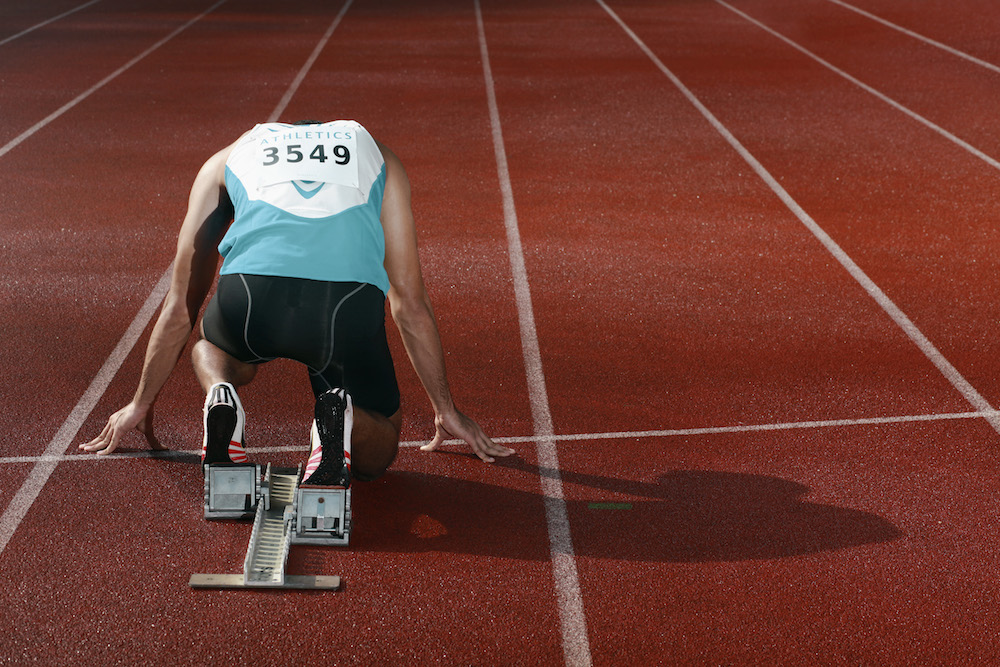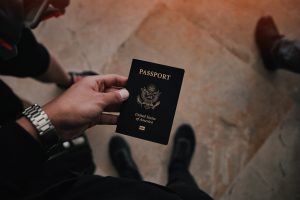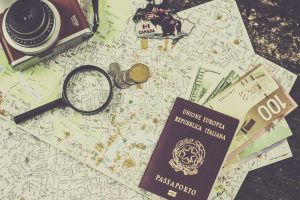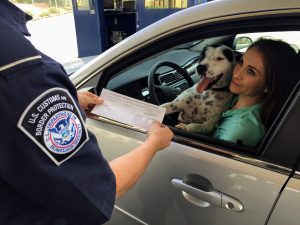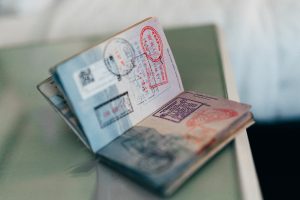Obtaining a visa for an international athlete can be tricky, but it certainly is possible. Athletes will generally either use the P-1 visa or the O-1 visa. The P-1 visa is for those who are internationally recognized athletes while the O-1 visa is used for those with “extraordinary ability” in athletics. However, the P-1 visa is often easier to obtain simply because it requires a lower standard of proof..
Choosing the Right Visa
Although the P-1 Visa is generally easier to obtain, it may not be the right choice every time. For example, if the athlete wants to do more than just engage in his or her chosen sport, such as try their hand at acting or modeling, then an O-1 visa might be a better option. It will also work better for those athletes who might want to coach on the side as well.
The P-1 visa is specifically set up for competition while the O-1 has more options regarding what type of employment or activities that they can have or engage in while in the United States.
Getting Around Troublesome Restrictions
Lower-level athletes often run into some additional hurdles with their visas. For example, if the athlete wants to play on lower-level tours, he or she may have to get more creative with the visa. The U.S. Citizenship and Immigration Service (USCIS) has determined that a lot of these lower-level sporting events do not require the international reputation necessary to qualify for P-1 or O-1 visas.
A B-1 visa, which is a visitor visa, may be a temporary fix. Otherwise, athletes may need to look to the H-2B visa for lesser-known leagues. Certain sporting events could also be classified as art, which means they may also fall into an art-based visa, such as the P or O-1 visas.
Increasing Your Chances of Success
Although several of the visas available for athletes only require minimal documentation, it may be a good idea to send along everything that would fit the requirements to bolster your application. Unfortunately, standards are becoming more and more demanding, and the USCIS has plenty of leeway in denying or approving applications.
Although visas for athletes require quick movement, it is still a good idea to slow down and ensure that you have all of the documentation you need for the application. Going through the process too fast can significantly decrease your chances of approval. Special considerations regarding timing are especially important for students who are moving on to become professional athletes.
Visas for athletes can be tricky, which is why it is so important to have an experienced immigration attorney on your side. Saleh & Associates can help. Call 305-448-0077 for more information.

